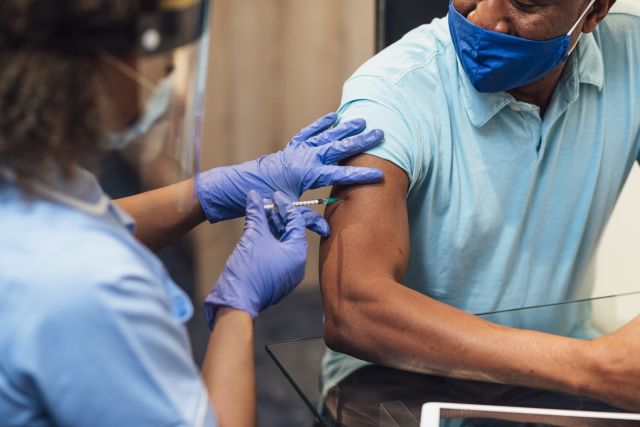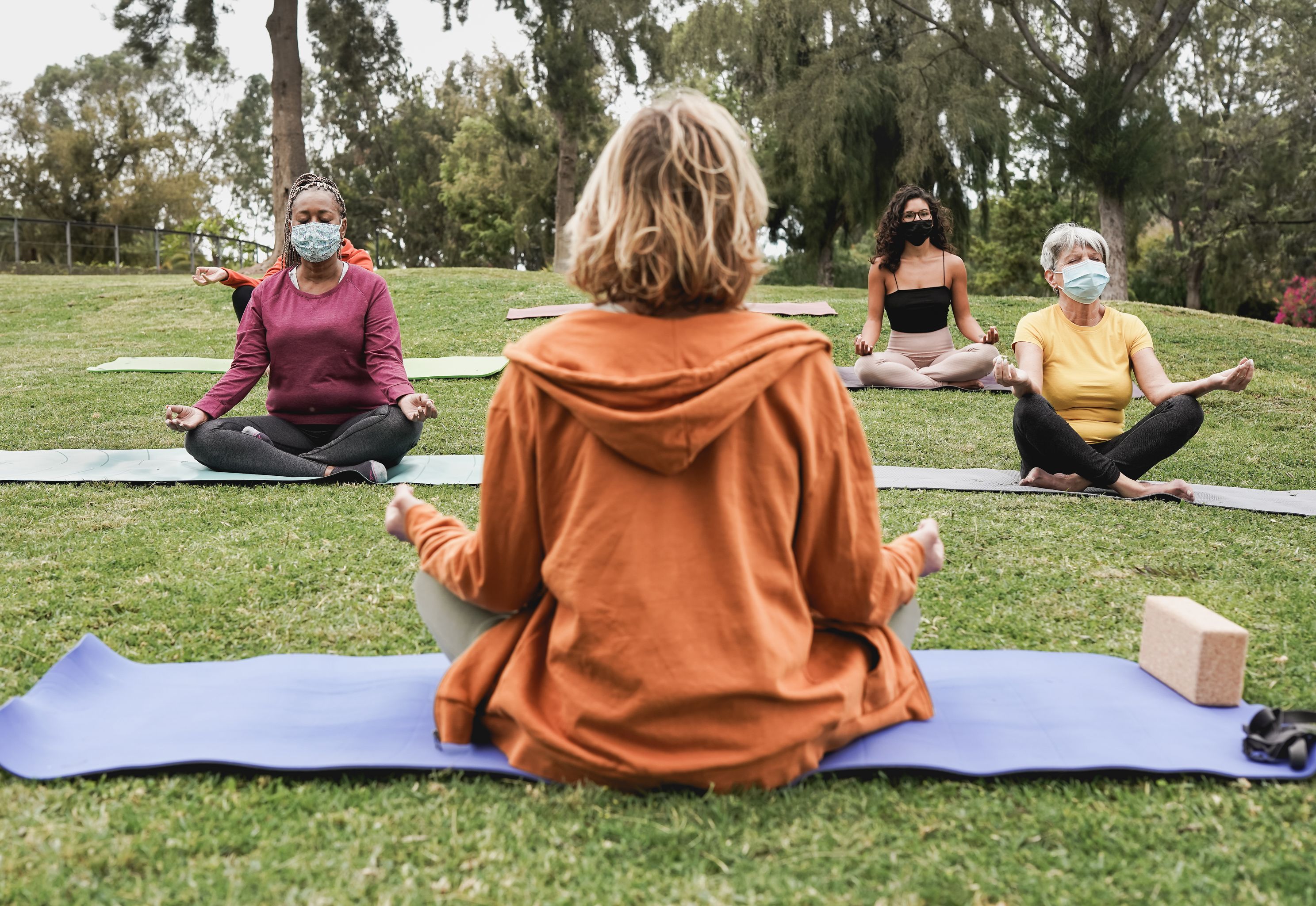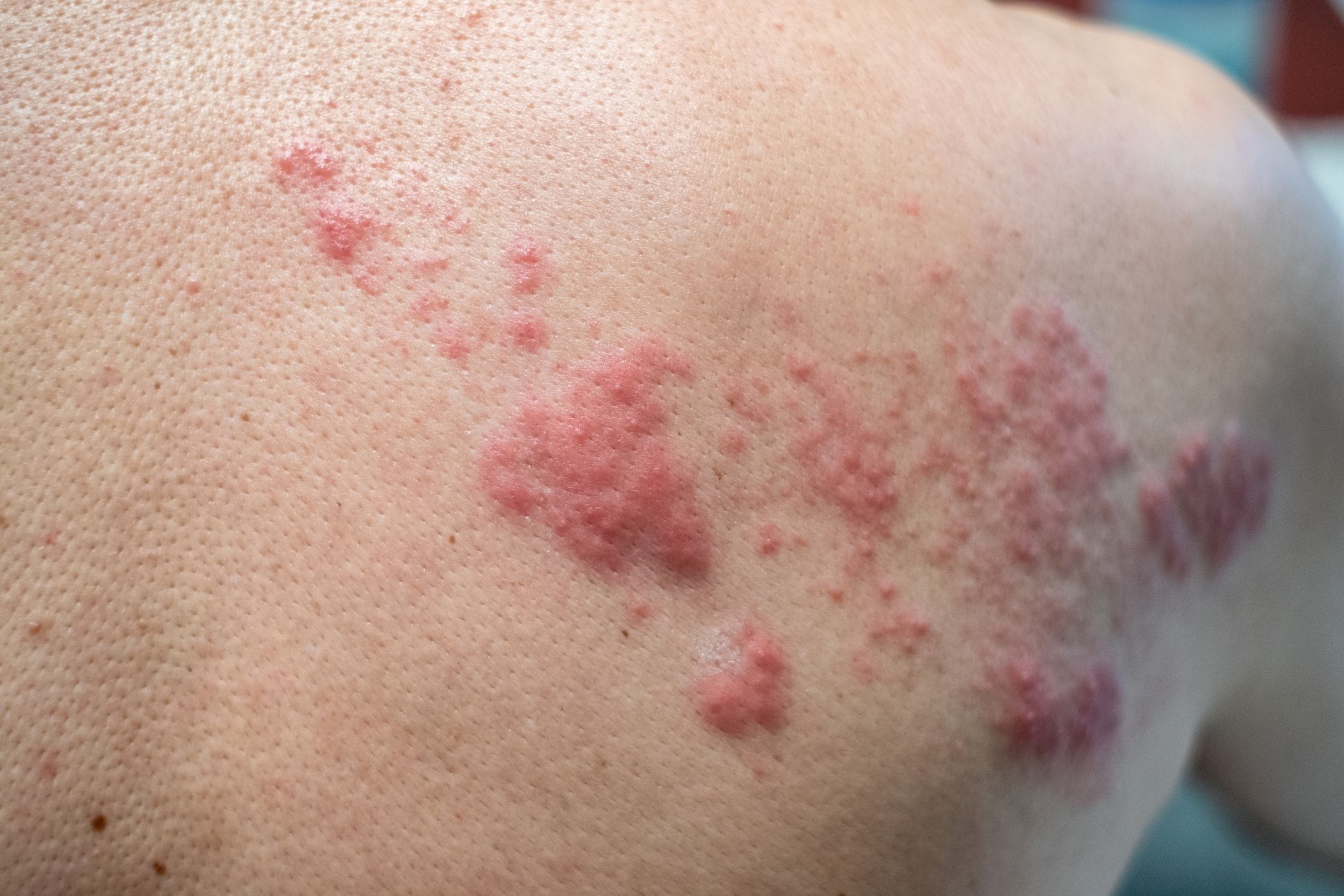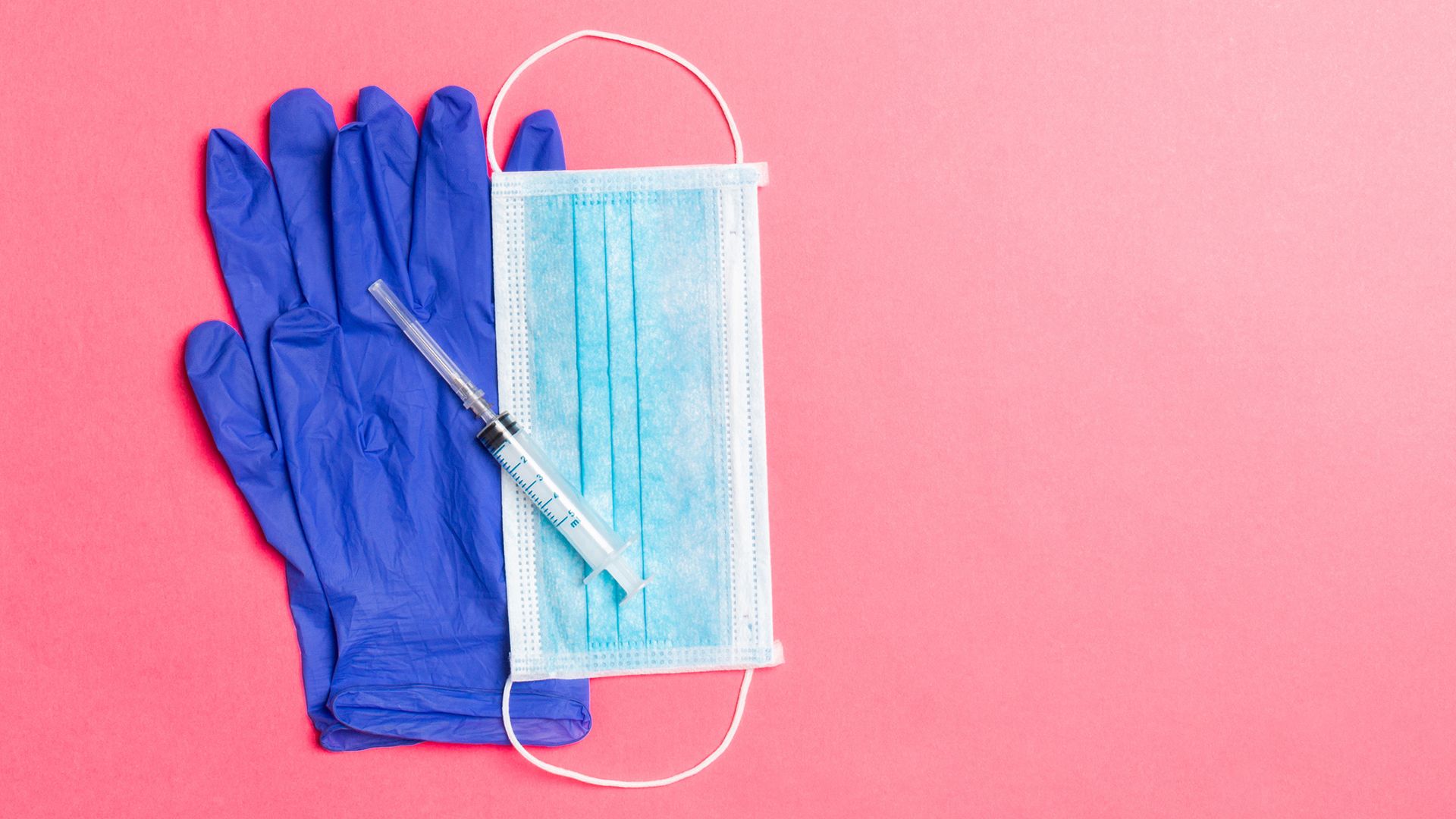As COVID-19 vaccines have become available to more and more people across the world, there has been much discussion about the importance of receiving all recommended doses of a vaccine—including booster shots—to get the most protection against COVID-19.
The public discussion around the COVID-19 vaccines will hopefully encourage more people to consider another vaccine that protects against an illness with the potential for serious long-term side effects—shingles.
The Centers for Disease Control and Prevention (CDC) recommends the shingles vaccine for people over the age of 50. This includes people who have had shingles in the past and people who have received an older type of shingles vaccine.
The shingles vaccine is given as a two-dose series, spaced 2 to 6 months apart.
Keep reading for answers to common questions about shingles and the shingles vaccine.
What is shingles, exactly?
Shingles is a reactivation of the varicella-zoster virus, the same virus that causes chicken pox. Anyone who has had chicken pox in the past is at risk for shingles—studies show this is roughly 99 percent of Americans over the age of 40 (though many people do not remember if they have had chickenpox). Roughly 1 in 3 people will have shingles during their lifetime.
Shingles causes a painful blistering rash that takes 3 to 5 weeks to resolve. In most cases, the rash appears on one side of the torso, though it can appear on other areas of the body, including the face. Shingles that affects the eye can cause blindness.
Roughly 10 to 15 percent of people who have shingles develop a complication called postherpetic neuralgia (PHN), which causes long-term nerve pain that lingers for months (and in some cases years) after the rash resolves. The risk of PHN increases with age.
How effective is the shingles vaccine?
It is 90 percent effective at preventing shingles and remains 85 percent effective for at least the first four years. The vaccine also prevents PHN. However, without the second dose, the shingles vaccine is less effective.
Where can I get the shingles vaccine?
In many cases, you can receive the shingles vaccine at a local pharmacy. Your healthcare provider can also administer the vaccine—which may be convenient if you are due for an annual checkup.
What if I missed my second dose?
You should get the second dose as soon as possible. You will not need to restart the vaccine series.
Can the shingles vaccine cause side effects?
Like any other medication or vaccine, the shingles vaccine can cause side effects. Side effects can include redness and soreness at the injection site, as well as headaches, nausea, and fatigue. Side effects typically resolve within a few days.
Who should not receive the shingles vaccine?
Some people may need to delay getting the shingles vaccine, including people who are pregnant and breastfeeding, people who currently have shingles, and people who are currently ill (for example, with the flu or COVID-19). People who have had a severe allergic reaction to any of the components in the shingles vaccine should not receive the vaccine. People who do not test positive for varicella zoster virus should receive the chickenpox vaccine instead.
Where should I go if I have a question about the shingles vaccine?
Talk to a healthcare provider, such as your primary care physician or your pharmacist. Because everyone’s health is somewhat unique, your healthcare providers will be your best source of information.






